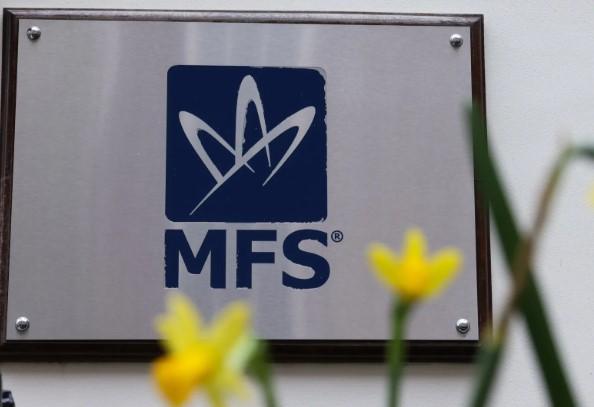Greek households saw their wealth grow significantly in 2024, according to Allianz’s 16th Global Wealth Report, which tracks assets and debt in nearly 60 countries. Gross financial assets rose by 5.7%—outperforming the regional average of 4.6%.
The primary driver was a 16.8% surge in securities, boosted by record market inflows reaching €10.3 billion. Much of this growth came from capital shifts out of bank deposits, which fell by 2.1% as savers withdrew €4.7 billion to invest in bonds, mutual funds, and ETFs.
Net Savings and Inflation-Adjusted Gains
Overall net new savings jumped by 50% to €5.9 billion, though they remain below pandemic-era peaks. Adjusted for inflation, Greece still recorded a 2.6% increase, with the purchasing power of household assets now 10.6% above 2019 pre-pandemic levels. By contrast, Western Europe as a whole remains 2.4% below that benchmark.
Debt Levels Continue to Decline
Household liabilities in Greece fell modestly by 0.8% in 2024, following a 1.9% decline in 2023. This brought the debt-to-GDP ratio down to 44%—one of the lowest in the region and 34 percentage points below its 2012 level. Net financial assets ultimately rose 8.7%.
Despite these gains, Greece slipped one place in the global wealth ranking, taking the 29th spot, just behind Hungary.
Global Wealth Trends
Worldwide, 2024 was another year of strong financial growth. Household assets climbed 8.7%, surpassing the previous year’s 8.0% rise and reaching €269 trillion by year-end. In the U.S., household assets grew even faster, contributing half of global financial asset growth in 2024—far outpacing Western Europe and Japan.
Securities Drive Long-Term Wealth Growth
The Allianz report notes that equities and other securities remain key to wealth accumulation. Over the past two years, securities outpaced other asset categories nearly twofold, with global increases of 11.5% in 2023 and 12% in 2024.
In Greece, securities accounted for 42% of household portfolios—higher than the Western European average of 35% but below North America’s 59%. The report concludes that while Greek households benefit from rising asset values, their low savings rate—just 0.5% annually—limits long-term growth potential.
Source: tovima.com






![Ρωσία: Αυξάνει τις επιθέσεις με drones [γράφημα]](https://www.ot.gr/wp-content/uploads/2026/02/UKRAINE-DRONE-ATTACK-300x300.jpg)




















![Ρωσία: Αυξάνει τις επιθέσεις με drones [γράφημα]](https://www.ot.gr/wp-content/uploads/2026/02/UKRAINE-DRONE-ATTACK.jpg)













